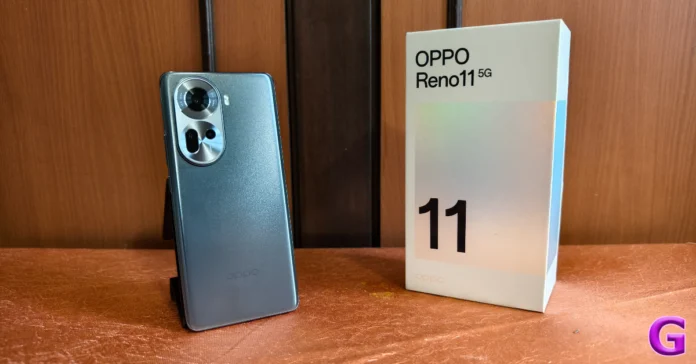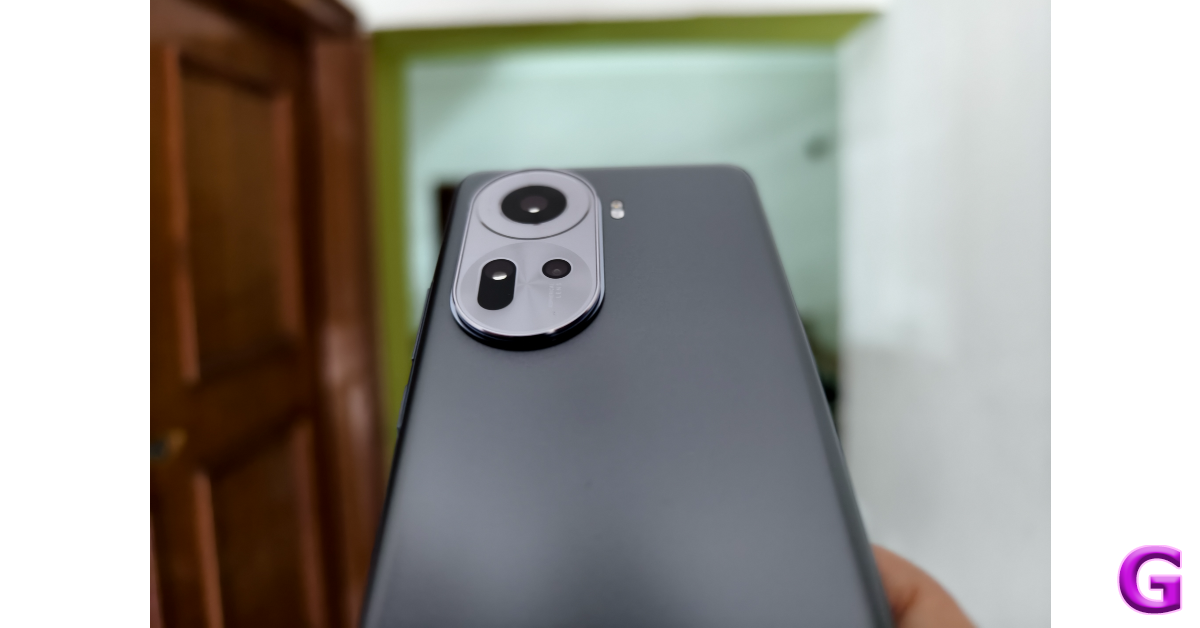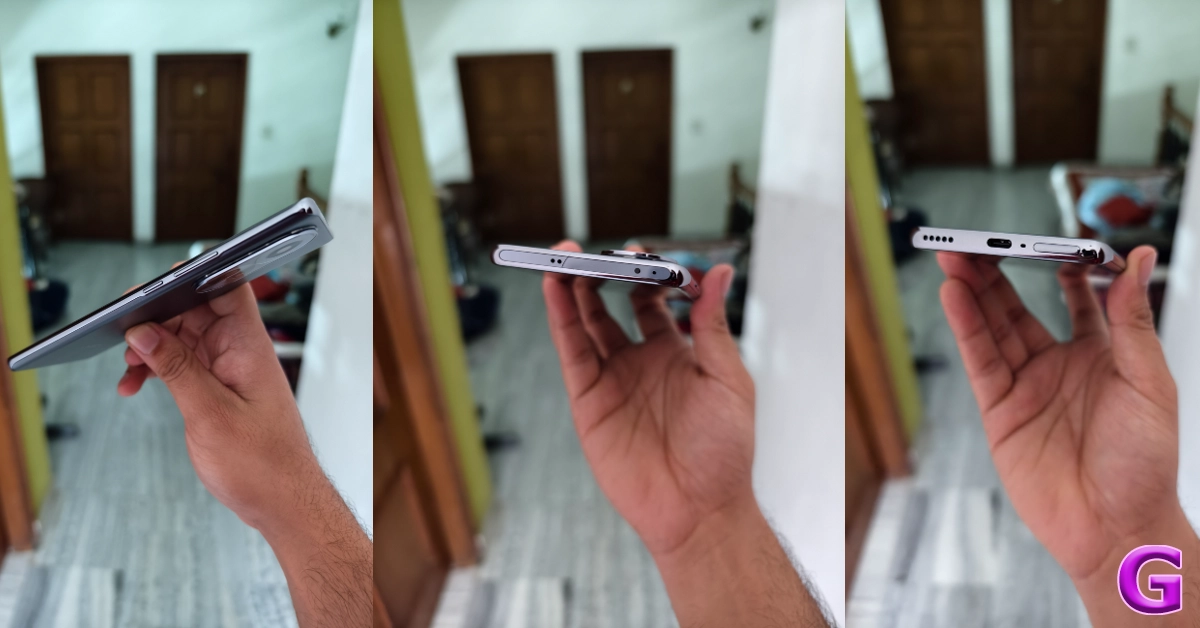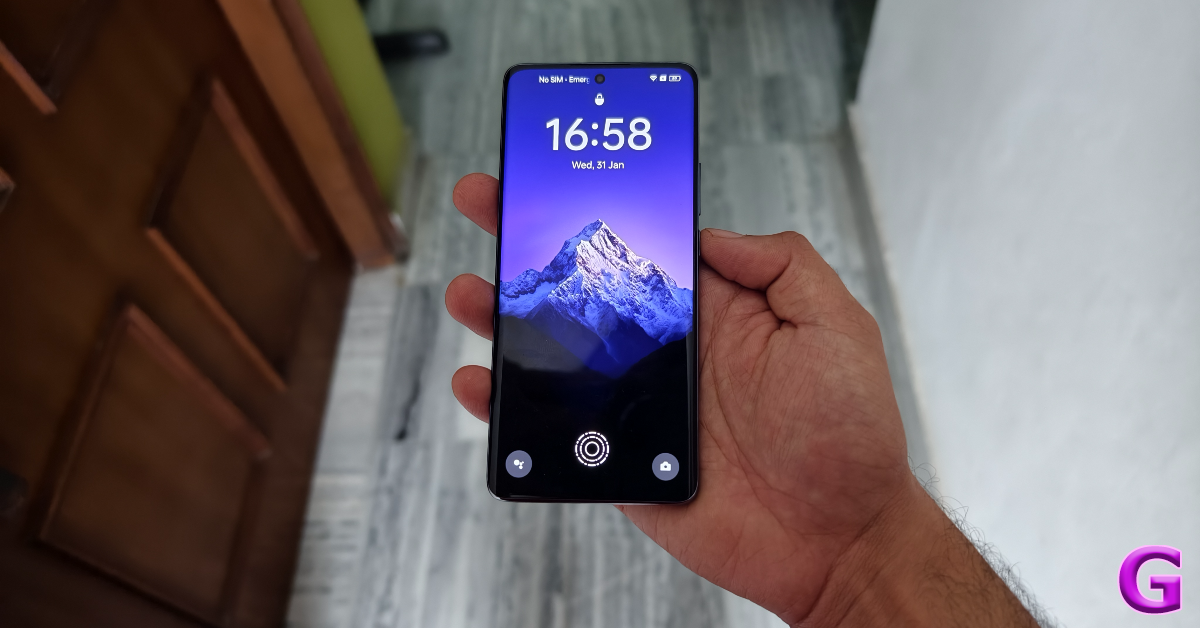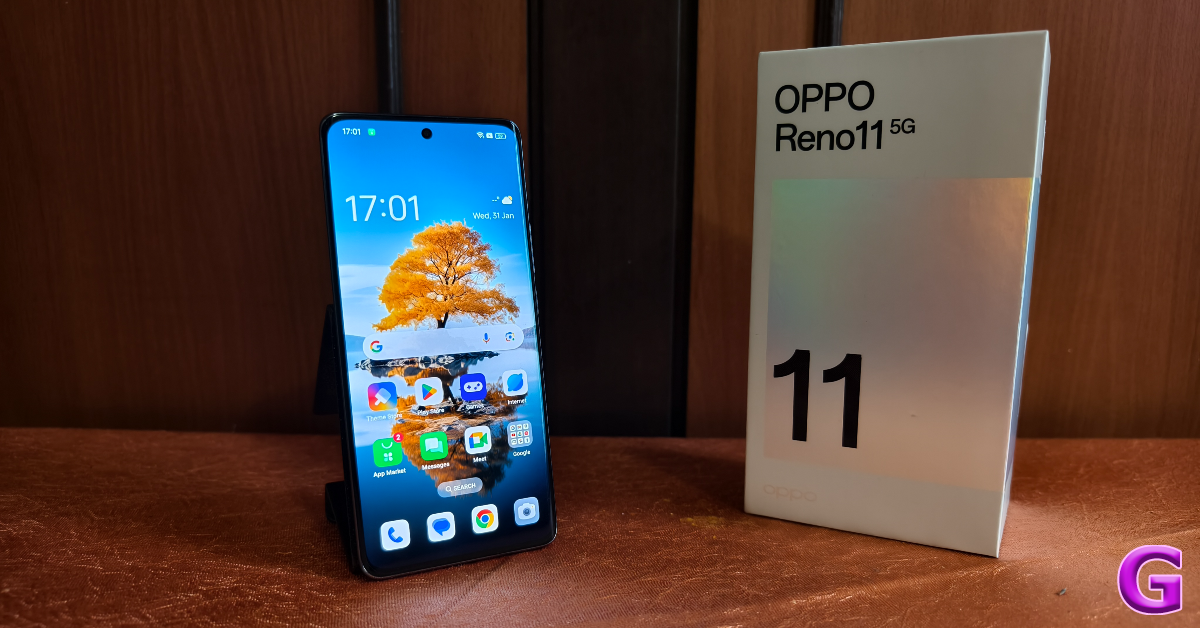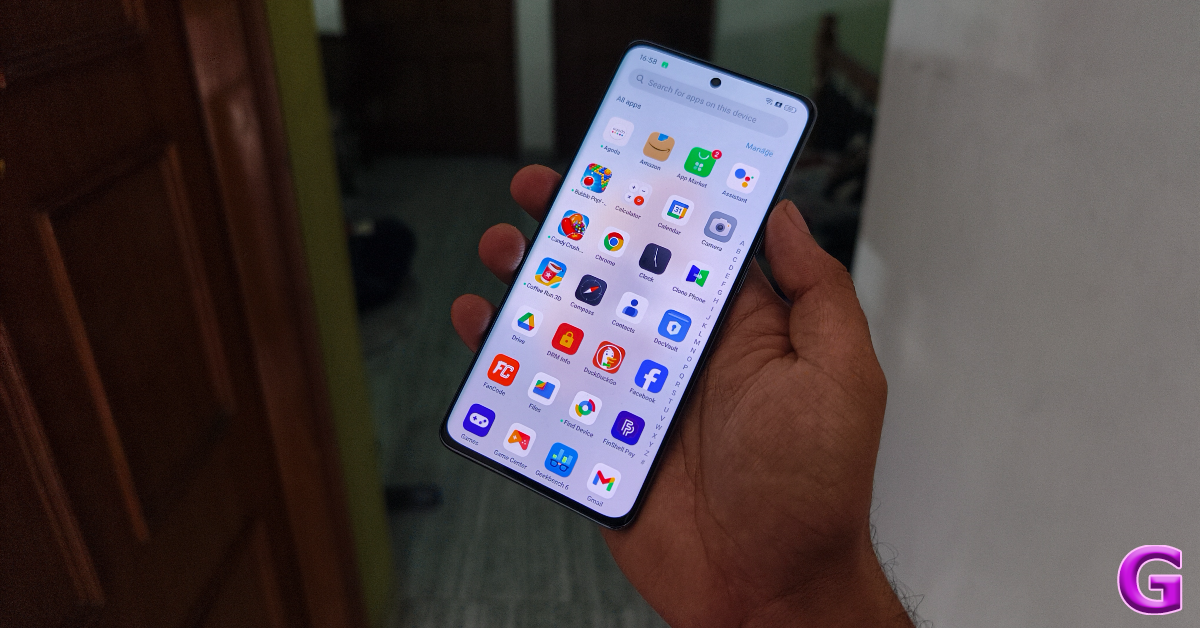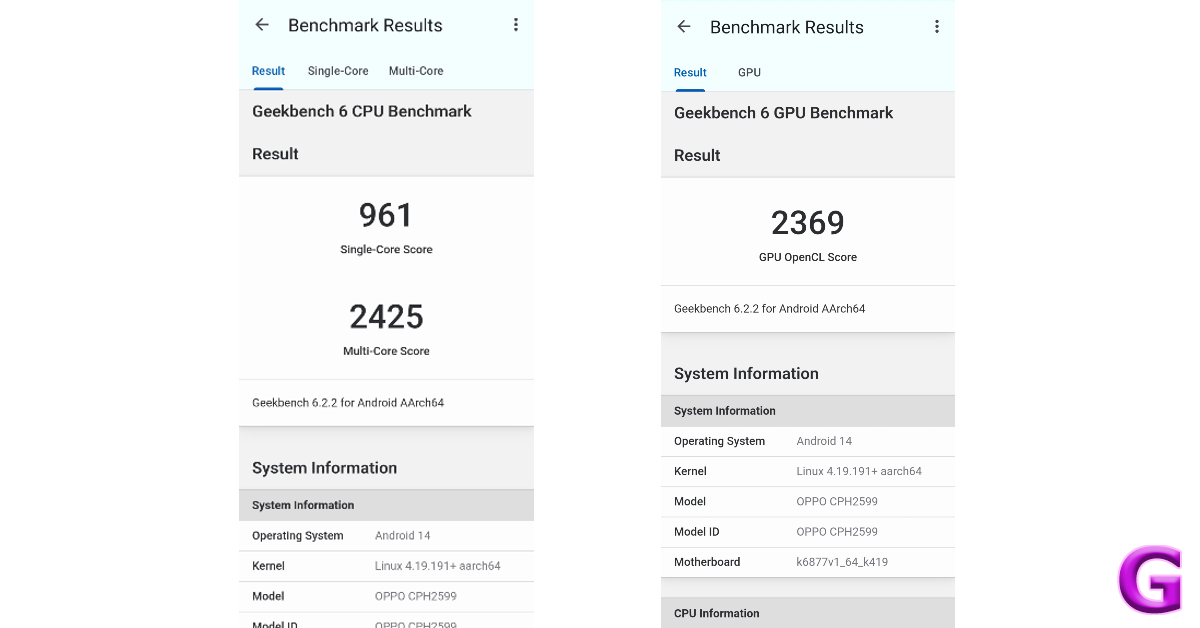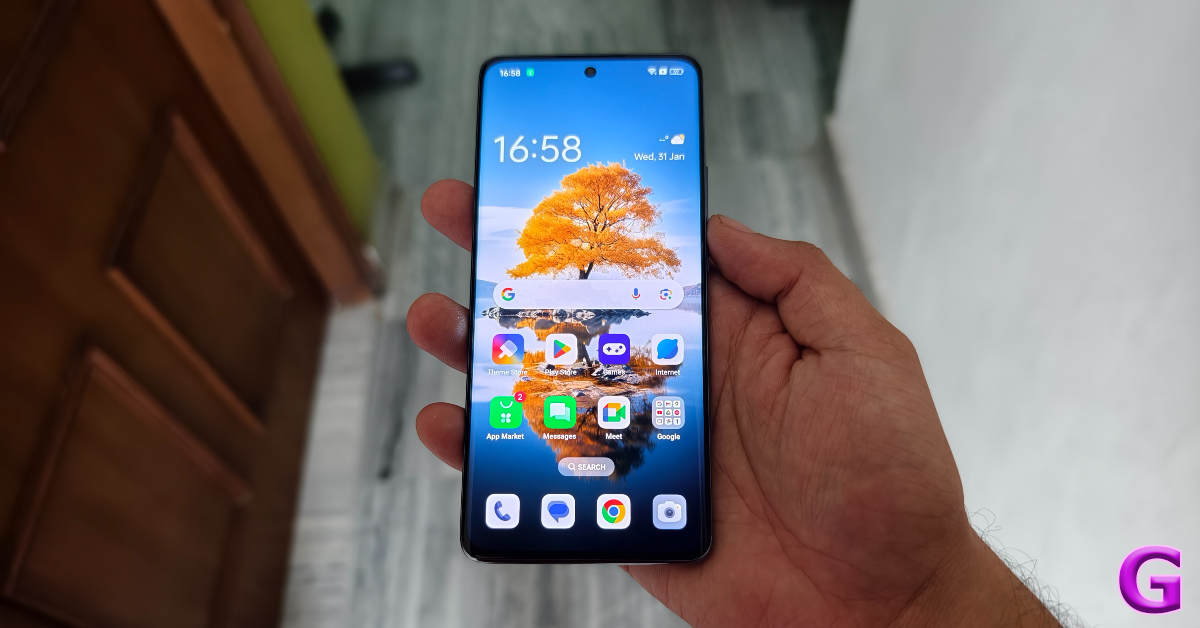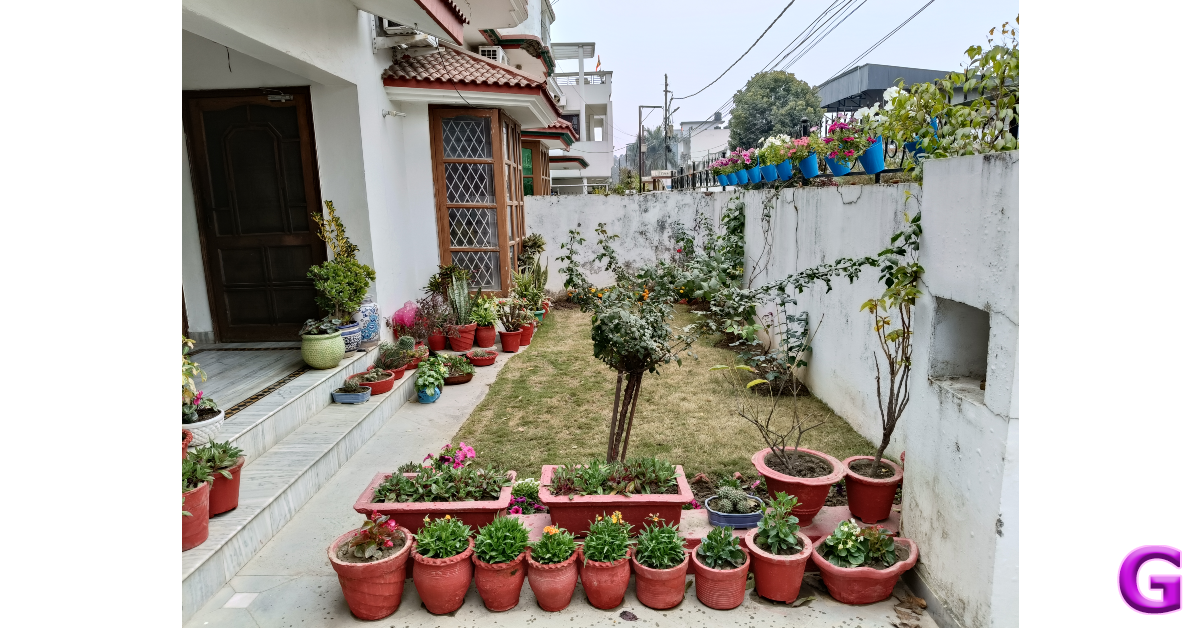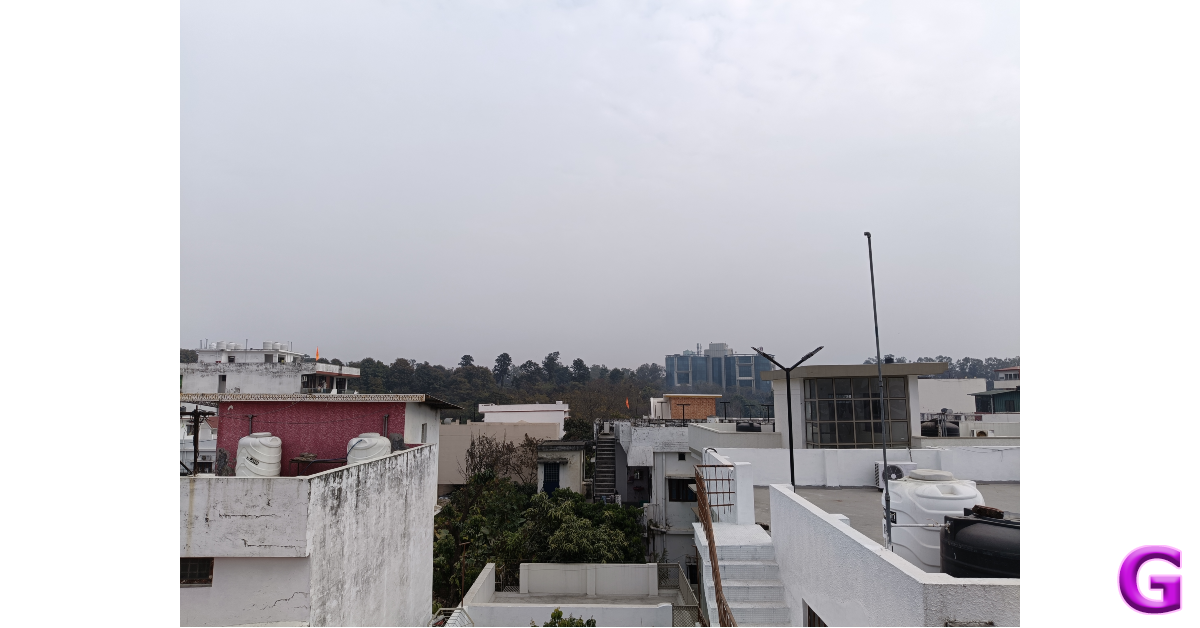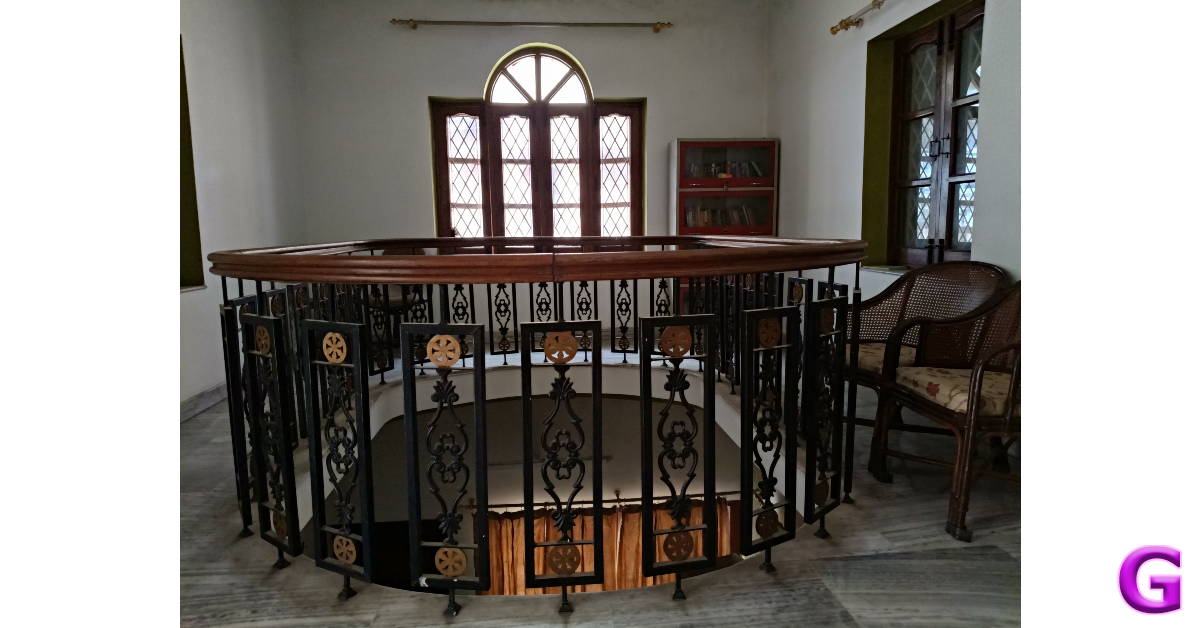Oppo’s Reno 11 series was launched in India earlier this month. In true Oppo fashion, the latest Reno series flaunts a clean design and excellent camera chops. Oppo calls it ‘The Portrait Expert’. Prices for the standard variant of the Reno 11 start at Rs 29,999, while the Pro variant demands a premium of Rs 10,000 over this price. The standard model of smartphone landed on our desk soon after launch and we’ve been using it as our daily driver for the last week. Let’s take a deep dive into our experience with the smartphone and see if its performance held up to its spec sheet. Here is our comprehensive Oppo Reno 11 review.
Read Also: How to Disable Your iPhone’s Touchscreen? (2024)
In This Article
Oppo Reno 11 Review: Design and Display
Inside the Oppo Reno 11 retail package, you will find the following contents.
- Oppo Reno 11 smartphone
- 67W SuperVOOC power adapter
- USB Type-A to Type-C charging cable
- SIM ejector tool
- Opaque Silicon Phone Case
- Quick Guide
- Safety Guide
- Phone Seal Stickers (to prevent UV glue from leaking into the phone while applying a screen protector)
The Oppo Reno 11 is available in Wave Green and Rock Grey colour variants – we used the latter for this review. And it may just be the finest colour application on a smartphone we’ve seen in this category yet. It brings out the elegance of the design and radiates a muted glow when light falls on it. The matte texture on the glass and polycarbonate back panel lends it a great in-hand feel. It doesn’t attract any fingerprints or smudges.
The oval-shaped cutout at the top right corner of the back panel houses the three cameras. This cutout gets a silver finish which goes nicely along with the grey back. The primary shooter occupies the top half of the cutout while the ultrawide and macro sensors are clustered in the bottom half. Weight distribution leaves no room for complaints as the smartphone doesn’t feel top-heavy like most of its midrange counterparts. Its sleekness is another great attribute of its form factor.
The back panel curves into the glossy polycarbonate frame which has a metallic feel to it. This frame houses the volume rocker and the power key on its left edge. At the bottom of the frame lie the speaker grille, USB Type-C port, primary microphone, and SIM tray. The secondary speaker, secondary microphone, and IR blaster are placed up top.
The 6.7-inch curved AMOLED display has a peak refresh rate of 120Hz and supports HDR10+. Under direct sunlight, it can achieve a peak brightness of 950 nits, which should have been a little higher, ideally. Nevertheless, we did not struggle to read the display in outdoor conditions. The colours produced by this AMOLED display are punchy and vivid. We watched video content across major streaming platforms and were pleased with how the AMOLED panel produced the fine details. The viewing angles are fine for the most part, but you can notice a thin green streak along the curved edges if you pay close attention.
The Oppo Reno 11 does not have an official IP rating but the company claims that the device can withstand minor splashes. The display is protected by Dragontail glass and comes with a screen protector installed on top of it out of the box.
Oppo Reno 11: Performance and Cameras
Powering the Oppo Reno 11 is the MediaTek Dimensity 7050 SoC. This is the same chipset from last year’s Reno 10 (read our review here). The smartphone is available in two storage variants – 128 GB and 256 GB. Both variants pack an 8GB RAM. The Pro model gets the MediaTek Dimensity 8200 SoC under the hood.
The Reno 11 is a great device for everyday use. While the Dimensity 7050 is not the most powerful chipset in this segment, it handles routine tasks perfectly. The overall experience is quite snappy and fun. Apps take very little time to load and are optimised to draw minimal power from the battery while they are operating in the background. We opened a dozen apps on the smartphone and threw some challenging tasks at it. It kept the pace for the most part, but a slight sluggishness did appear over time. Needless to say, if you’re looking for a high-end performance, the Reno 11 Pro would be more up your alley.
We weren’t blown away by the gaming performance either, as the Oppo Reno 11 maintained a baseline performance level across the board. There were no annoying lags or frame drops, but the touch receptivity wasn’t up to the level that we are used to. If rock-solid gaming performance is a non-negotiable factor for you, there are a few dedicated gaming smartphones in this price range that you may want to consider looking into.
On the Geekbench 6 app, the Oppo Reno 11 scored 961 points in the single-core test and 2,425 points in the multi-score test. The smartphone attained a GPU OpenCL Score of 2,369 points.
OS duties on the Oppo Reno 11 are handled by the Android 14-based ColorOS 14. One of our favourite things about the ColorOS is the app icon design. We’ve seen these designs cross over to OnePlus smartphones as well. ColorOS also lets you choose a custom design for the app icons. The new ColorOS 14 also has a ‘Smart suggestions’ feature which sends real-time updates from ride-hailing and food delivery apps directly to the lock screen, notification drawer, and the status bar. The only downside to the software experience is the volume of bloatware pushed by the OEM.
Oppo Reno 11 consistently lasted an entire day throughout the review period. We clocked a daily Screen On Time of around 6 hours. Our daily usage included watching video content, making video calls, browsing the web, and even a little bit of gaming. The 67W charger provided in the box can fully charge the 5,000 mAh battery in just over 45 minutes.
Let’s talk about the camera performance of the Oppo Reno 11. Its near rear camera module packs a 50MP primary shooter, a 32MP telephoto lens, and an 8MP ultrawide camera. Most OEMs in this segment push the macro sensor along with their devices, for the sole purpose of filling the gap. So, the telephoto lens on the Reno 11 is very much welcome.
Pictures taken with the 50MP primary shooter packed a good dynamic range and produced deep colours. Even in overcast conditions, the camera did an excellent job of capturing all the important details and exposing the sky correctly. The colours are processed nicely and the images have a natural look about them.
In limited lighting, the main sensor does a good job of capturing enough light through its aperture. The images are a little grainy but the brightness levels are very good. The grain is smoothened out in Night Mode and the object is illuminated a bit more through clever photoprocessing.

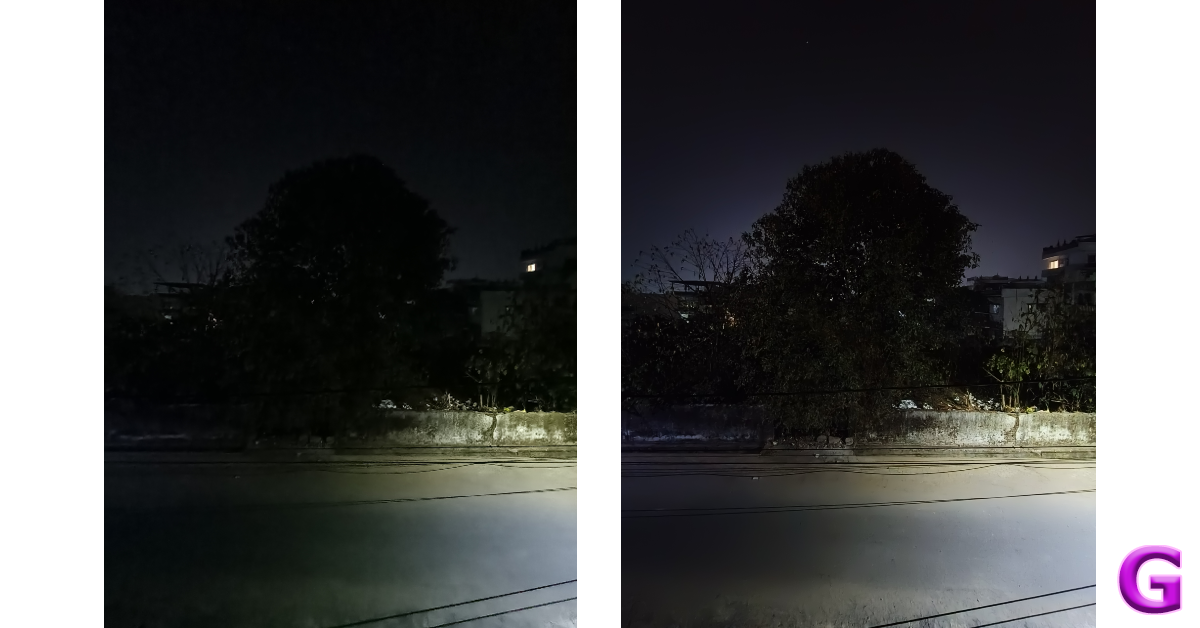
The camera offers very intuitive controls in portrait mode. The autofocus is on point and the camera recognises the object boundary instantly. The result is focussed images that centre the object nicely and contain a good level of background blur. The native camera app also has some fun filters you can use for the portrait mode.

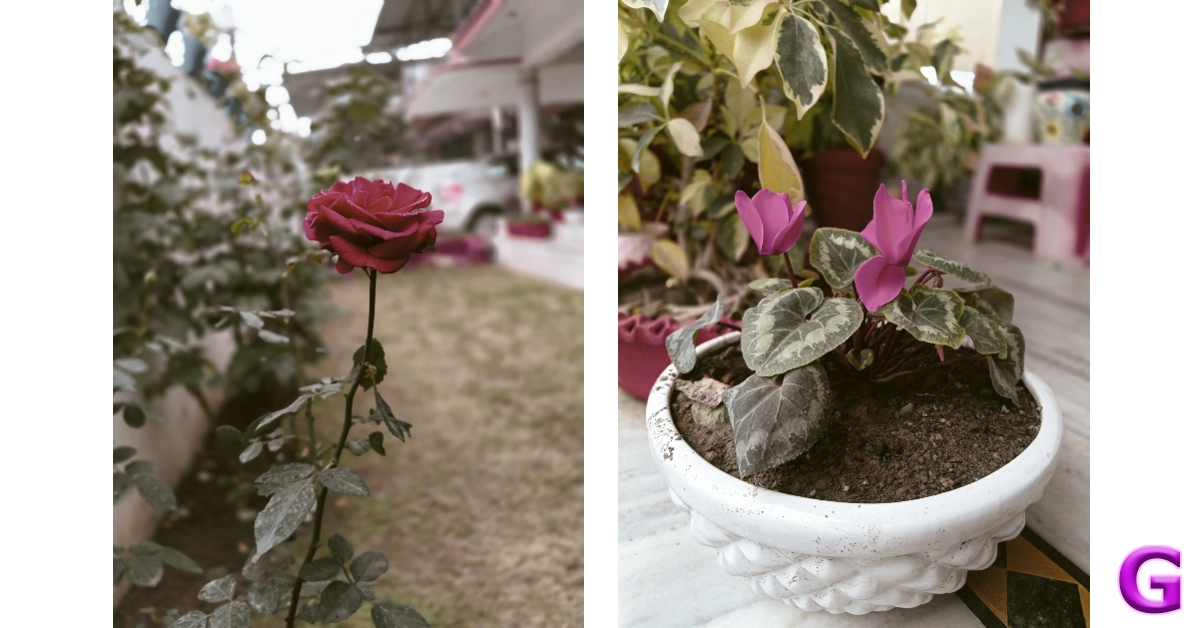
The 8MP ultrawide camera puts up a good performance as well. The pictures taken with this camera maintain their colour richness and produce a good dynamic range. There is a little softness to the images, but that’s something we expect from every ultrawide sensor in this price range. In limited lighting, however, the ultrawide sensor relies heavily on the night mode.
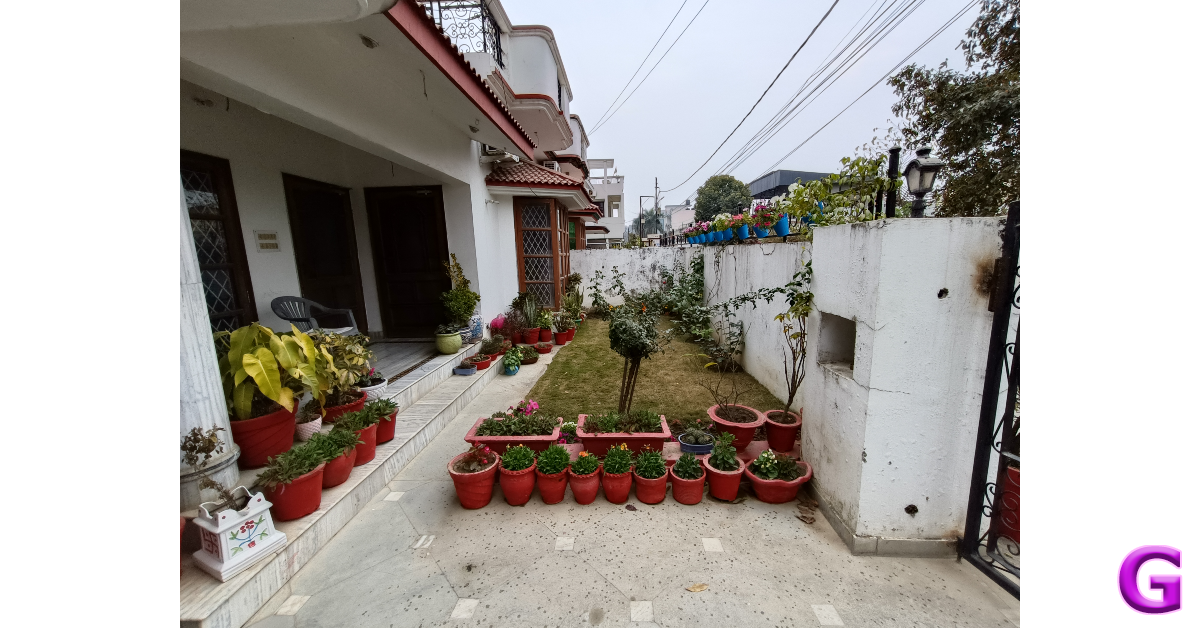
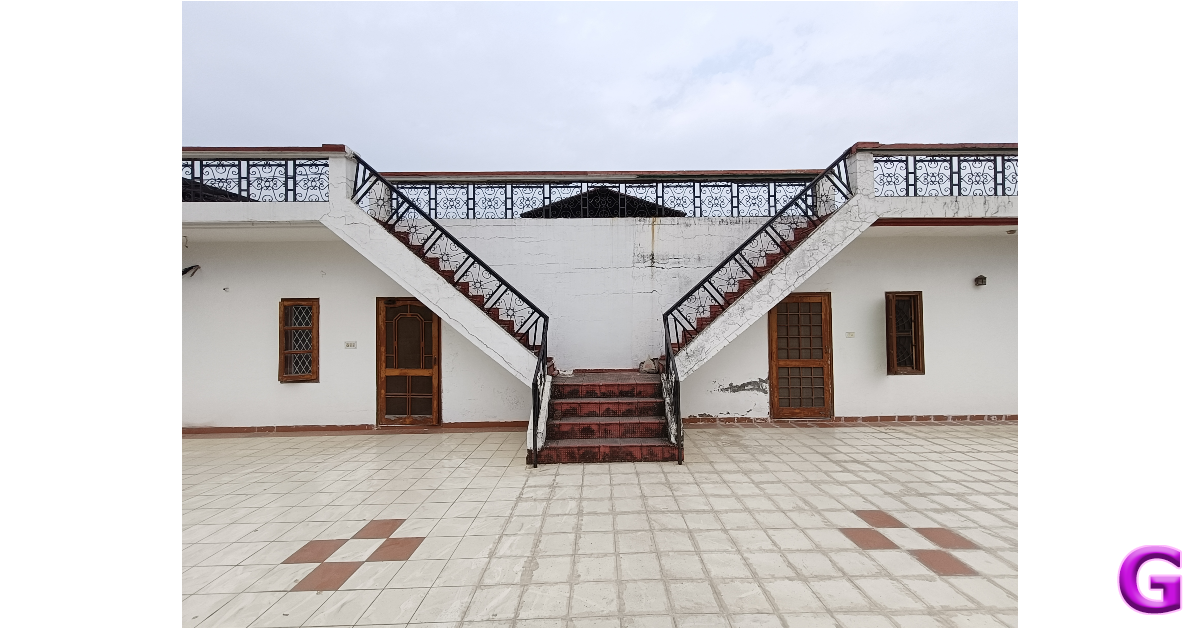
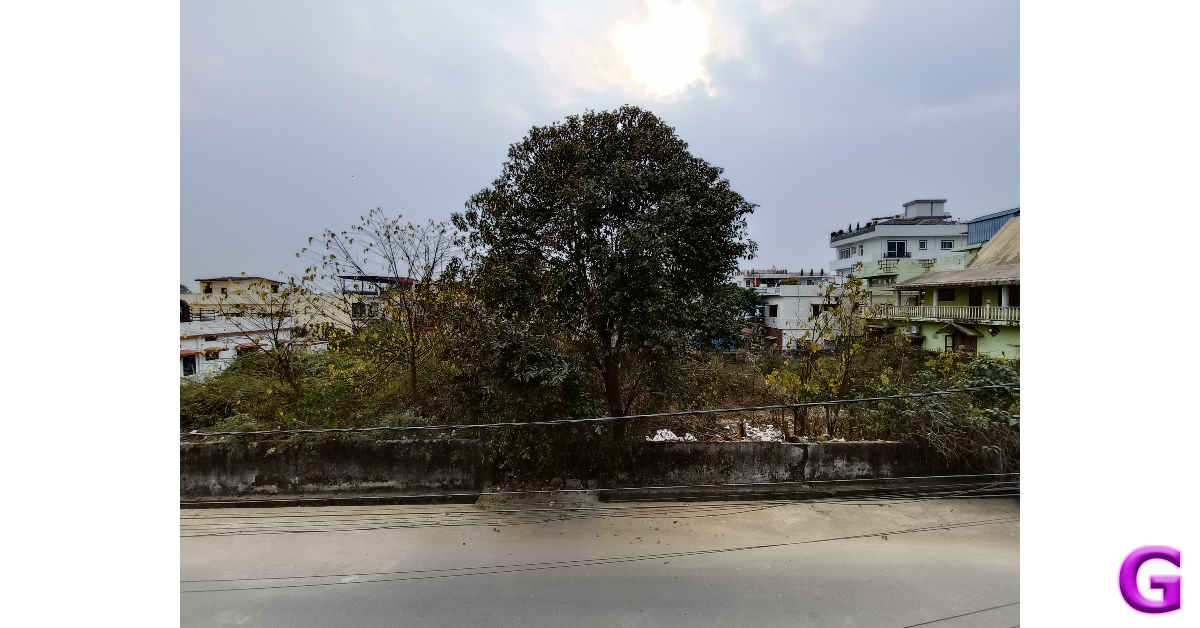
The telephoto lens is the unanimously preferred option over the macro lens and it delivers decent results here. Images taken with 2X optical zoom are well composed and retain their colour richness. You start getting diminishing results once you cross the 3X mark.
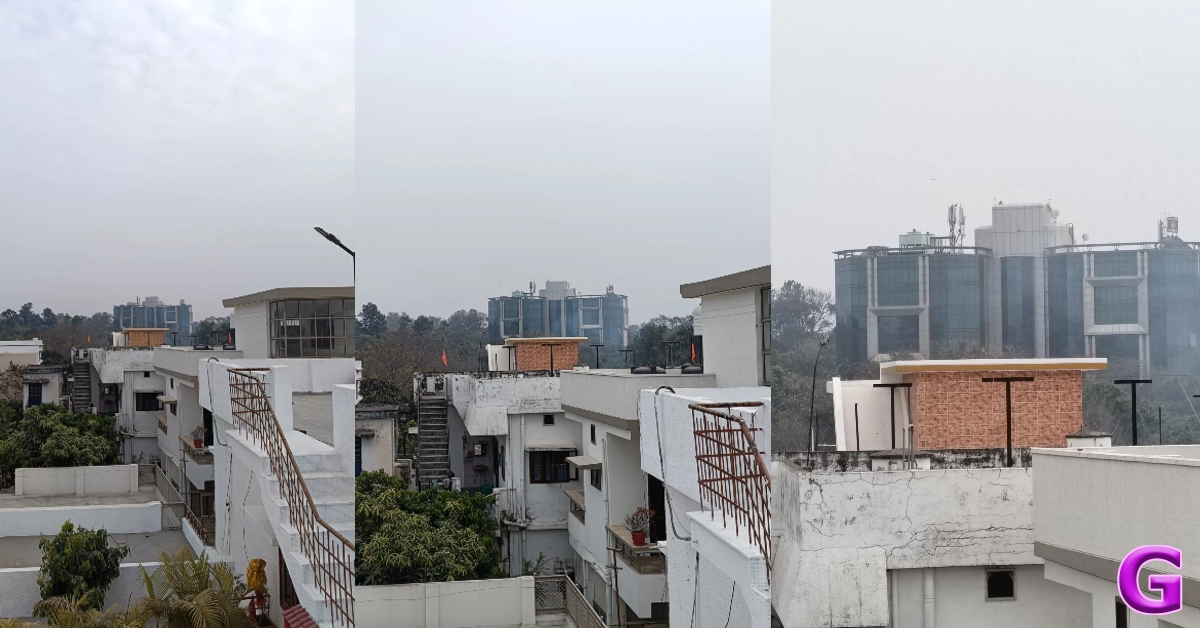
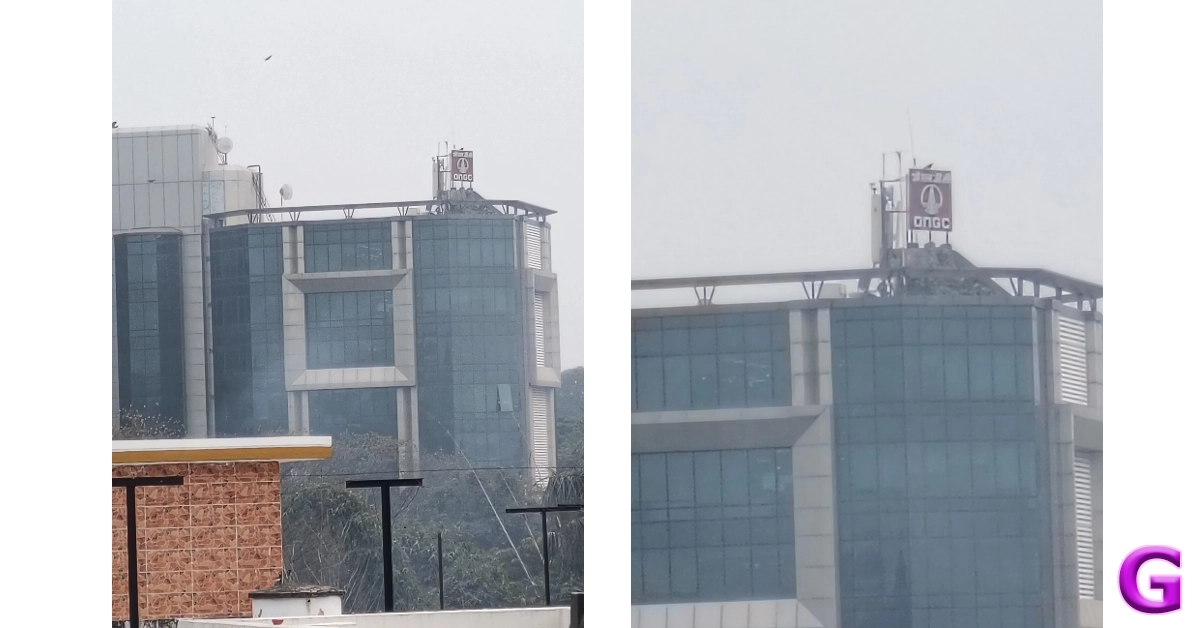
The 32MP selfie camera takes good images in a range of lighting conditions. We were pleased with how it performed indoors under artificial lighting. It does not mess with the skin tone and texture too much, which is nice to see. On top of that, it can record 4K videos at 30fps, which not a lot of smartphones in this price range can boast about.
Read Also: Top 10 Smartphones Under $500 in USA (2024)
Verdict
The Oppo Reno 11 catches the eye with its elegant design and reels you in with its fine software. The aesthetic appeal of this smartphone is unmatched in this price range. The matte finish on the polycarbonate back goes nicely with its grey shade. The balanced weight distribution adds to the supreme in-hand feel of the device. In terms of performance, the Reno 11 ticks the baseline demands we have from it, even though it runs on the same chipset as its predecessor. On the flip side, the telephoto lens in this phone’s camera module is something you’ll rarely get to see in other devices in this price range. Overall, the Reno 11’s camera performance holds up to Oppo’s reputation.
Oppo Reno 11: Pros
- Elegant design
- Incredible in-hand feel
- Good set of cameras
Oppo Reno 11: Cons
- Can get slightly sluggish


